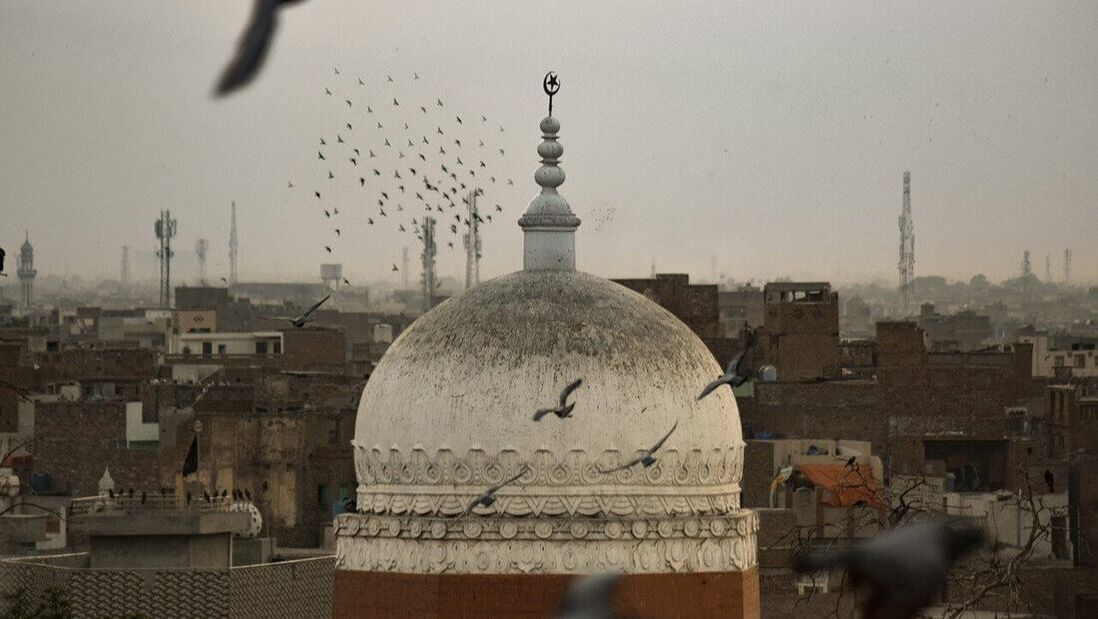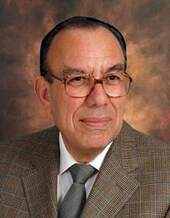What Was Islamic in Islamic Scientific Tradition?Science is universal. This is not a postulate, but a basic feature which defines scientific knowledge itself. A scientific result, of whatever kind, can only be fully communicable and provable by stringent arguments. But this epistemic universality is not at all separate from the living history of human beings and from institutions. That is to say that this universality is not an immediate given of the consciousness, but rather reveals itself through a lengthy and bold conceptual process. This work organizes itself along the lines of scientific traditions in which human beings and institutions are active. But these people and these institutions arise from a value-based system. Islam provides a whole set of fundamental values. Among those values, one finds the uniqueness of truth, the lack of contradiction between revelation and reason, and thus between the two types of knowledge that they produce, the equality of human beings in jure before the truth and in the search for it, the pursuit of knowledge as a means to strengthen one’s faith and as a form of prayer, the obligation to communicate knowledge and not to keep it to oneself, etc. These values, among others, have without the least doubt pushed forth research and have fostered creation of open scientific communities. Furthermore, these values provide the framework to examine the formation of scientific communities in classical Islam—communities which had multiplicity of backgrounds and religions. This is quite a distinctive feature of these communities when compared to their contemporaries. Also, there are the scientific disciplines brought forth by Islam as a religion: ethno linguistics, lexicography, philology, and other linguistic disciplines which were needed in order to understand the Qur'an and comment on it, the historic critique of the testimonies to authenticate the Prophetic sayings (al-hadith), the science of time keeping (ilm al-miqat)—which was a kind of applied astronomy—in order to determine times for prayers and other religious practice.
|
Roshdi Rashed
|
|
© Center for Islamic Sciences. All Rights Reserved.
Designed and Developed by Crescent Marketing Solutions |


